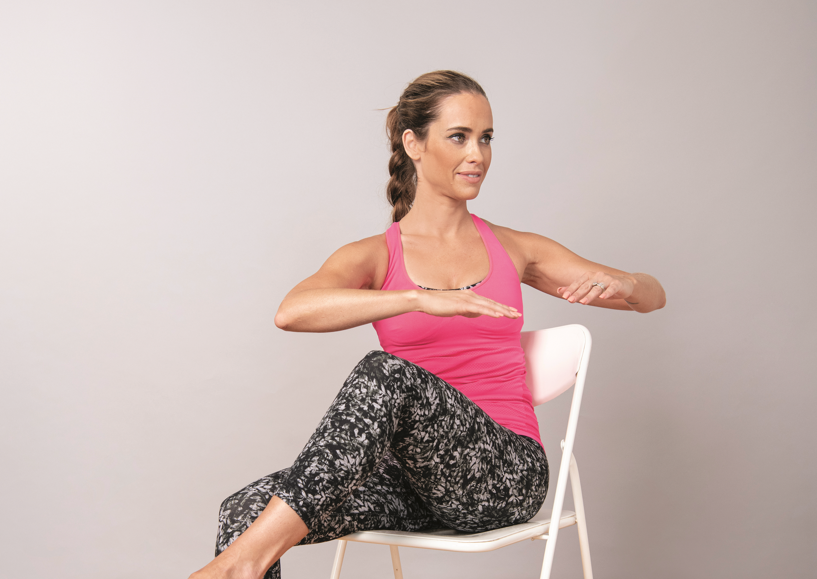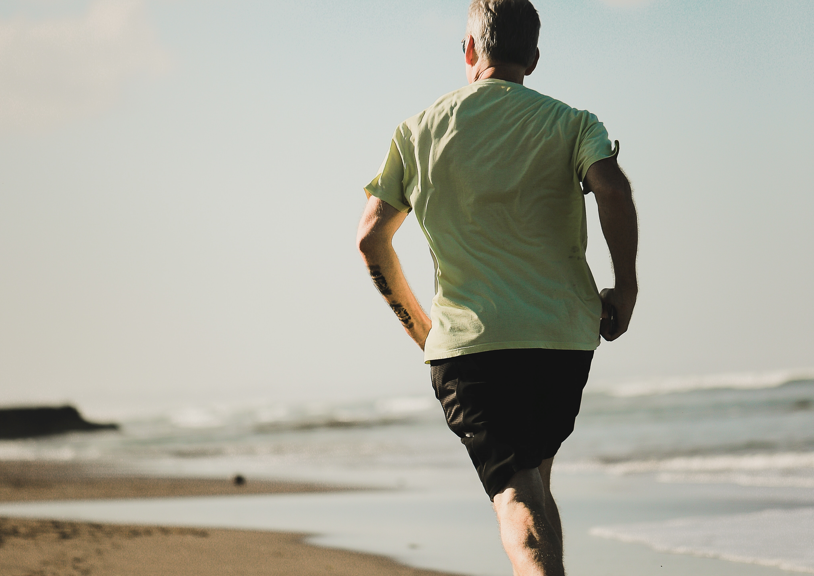Staying active during cancer treatment can minimize side effects, both short- and long-term
By Katrina Caruso
The fatigue—even exhaustion—that can go along with chemotherapy and radiation treatments often continues post-treatment, even in those cancer patients in remission, but exercise has been shown to help minimize that fatigue.
Now a Dutch study suggests that physical activity as a part of a treatment plan can have long-term effects. Research results published this past summer in the journal BMC Medicine were based on a four-year follow-up of a previous study.
In the earlier Physical Activity during Cancer Treatment (PACT) study, newly diagnosed breast cancer and colon cancer patients undergoing chemotherapy were followed for 18 weeks while participating in an exercise program that included cardiovascular training and some weight training. They met with a professional twice a week and exercised a minimum of three times of week for 30 minutes unsupervised. A control group were not given exercise goals but could work out if they chose.
After the 18 weeks, those who followed the program showed high levels of energy. As well, the women in the exercise group reported having more moments of positivity and more motivation, and spent more time doing thing they enjoyed than those who did not follow the exercise plan.
Another follow-up at the 36-week mark showed that fatigue levels were still less for those in the exercise group versus the control group.
The more recent study checked up on PACT participants four years later and found that the participants who were a part of the exercise group continued to show lower fatigue levels and tended to do more vigorous exercises than the control group. They also showed fewer signs of depression or chronic lethargy, and they reported having a better quality of life.
Photo: Juice Images.






